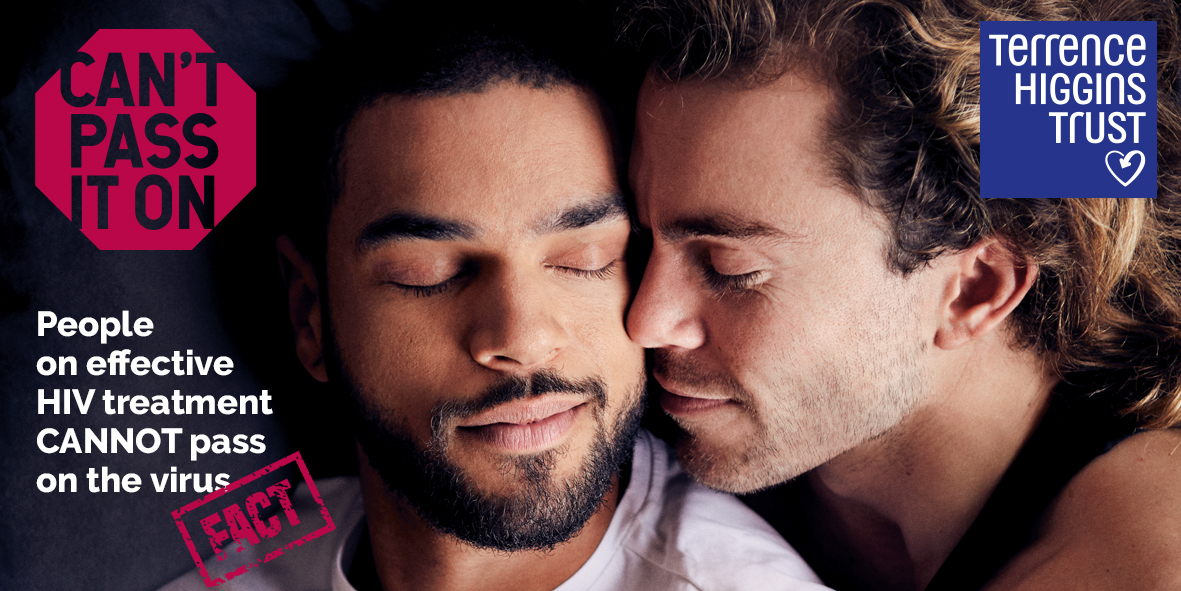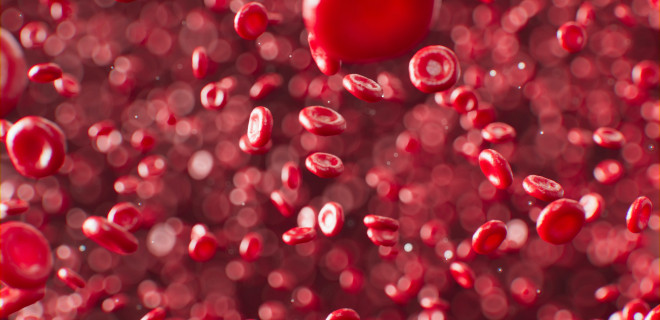If you're anything like me, you've been watching It's A Sin through an alternating stream of laughter and tears. Terry Higgins was one of the first people in the UK to die from AIDS and Terrence Higgins Trust was founded in his honour. We never forget those lost to the epidemic and the huge impact it had on the communities affected.
And it's important to remember that HIV hasn't gone away. Even now, nearly 40 years after Terry's death, there is still no cure for HIV and no vaccination. But things have changed massively and as we revisit the heartbreaking stories of the 1980s it's important to know what living with HIV means in 2021.
1. HIV and AIDS are not the same thing
HIV stands for Human Immunodeficiency Virus. AIDS (Acquired Immune Deficiency Syndrome) is a collection of illnesses caused when HIV weakens the immune system.
That means you don’t test for AIDS nor do people ‘have’ AIDS. Today we talk about people living with HIV and, thankfully, rarely need to talk about AIDS in the UK. Instead, doctors talk about late-stage or advanced HIV. But HIV can still cause serious illness if left untreated.
2. Modern HIV treatments keep the virus in check
Since the late 1990s, ever-improving antiretroviral treatments have revolutionised the outlook for people living with HIV. For most people living with HIV, it's a case of taking medication once a day, starting as soon as they are diagnosed.
Treatment protects the immune system from HIV and keeps the virus in check – but it must be taken consistently.
3. People on effective treatment can't pass on HIV

After a few months of treatment, the level of HIV in the blood is so low it's called 'undetectable'. Someone living with HIV who is on effective treatment and has an undetectable viral load can't pass it on.
This is one of the most positive messages someone living with HIV can hear. It reduces the stigma around HIV and provides motivation to stay on treatment to keep both themselves and their sexual partners healthy – and it means we can stop HIV transmissions altogether.
4. HIV medication can stop HIV-negative people getting the virus
The latest big change in the HIV epidemic in the UK is the arrival of PrEP (pre-exposure prophylaxis).
PrEP is a drug taken by HIV-negative people before and after sex that reduces the risk of getting HIV. Taking PrEP before being exposed to HIV means there’s enough drug inside you to block HIV if it gets into your body.
PrEP is a game-changer when it comes to ending the HIV epidemic. Following a long campaign by organisations including Terrence Higgins Trust, it's now available on the NHS.
5. Discrimination still exists
While the science has come on leaps and bounds, some public attitudes to HIV have remained stuck in the 1980s. We found that even now over half of UK adults would feel uncomfortable kissing someone living with HIV, despite the virus never being passed on in that way.
Negative attitudes to people living with HIV and stigma around the virus lead to discrimination. They're a big part of why people living with HIV report significantly higher mental health issues than the general population. And in 2021, there is no place for them.
Stigma hurts people living with HIV, it stops people talking openly about what the virus really means, and it puts people off getting tested and knowing their status.
6. This decade can be the end of the epidemic in the UK
We're working to end HIV transmissions in the UK by 2030. We've got cross-party support and the UK Government is committed to producing an action plan this year.
As we approach National HIV Testing Week, you can play your part by getting to know the facts about HIV; by getting tested, and by remembering those we've lost along the way.
Will Howells is Head of Digital at Terrence Higgins Trust.



